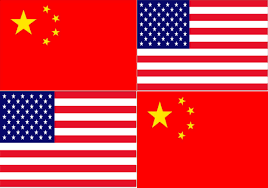You can read the full statement by AAP CEO Maria Pallante here and below:
Today the administration announced the list of products to be subject to the additional 10% tariffs. We are pleased that the administration did not include Bibles and other religious books on the first list of products to be subject to the tariffs, and delayed tariffs on children’s books until December 15th.
However, we remain deeply concerned that a wide range of other books remain on the list, including American fiction and nonfiction books; art books; textbooks; dictionaries and encyclopedias; and technical, scientific and professional books. A tariff on books is a tax on information, and at odds with longstanding US policy of not imposing tariffs on educational, scientific and cultural materials. Just as importantly these books are part of a vital economic engine that makes significant contributions to the U.S. economy, and supports American publishers, authors, illustrators, editors, and designers, as well as distributors and book sellers.
The tariffs in the US-China trade are not the only incidents of tariffs being introduced this year. Both Nepal and India have moved to bring in import tariffs on books. The Nepalese government announced a 10% duty on imported books in May, attracting tough criticism from the local association and IPA member, the National Booksellers and Publishers Association of NEPAL (NBPAN). In July, the Indian finance minister, Nirmala Sitharaman also announced a 5% customs duty on imported books. Brief mention of Nepal and India.

